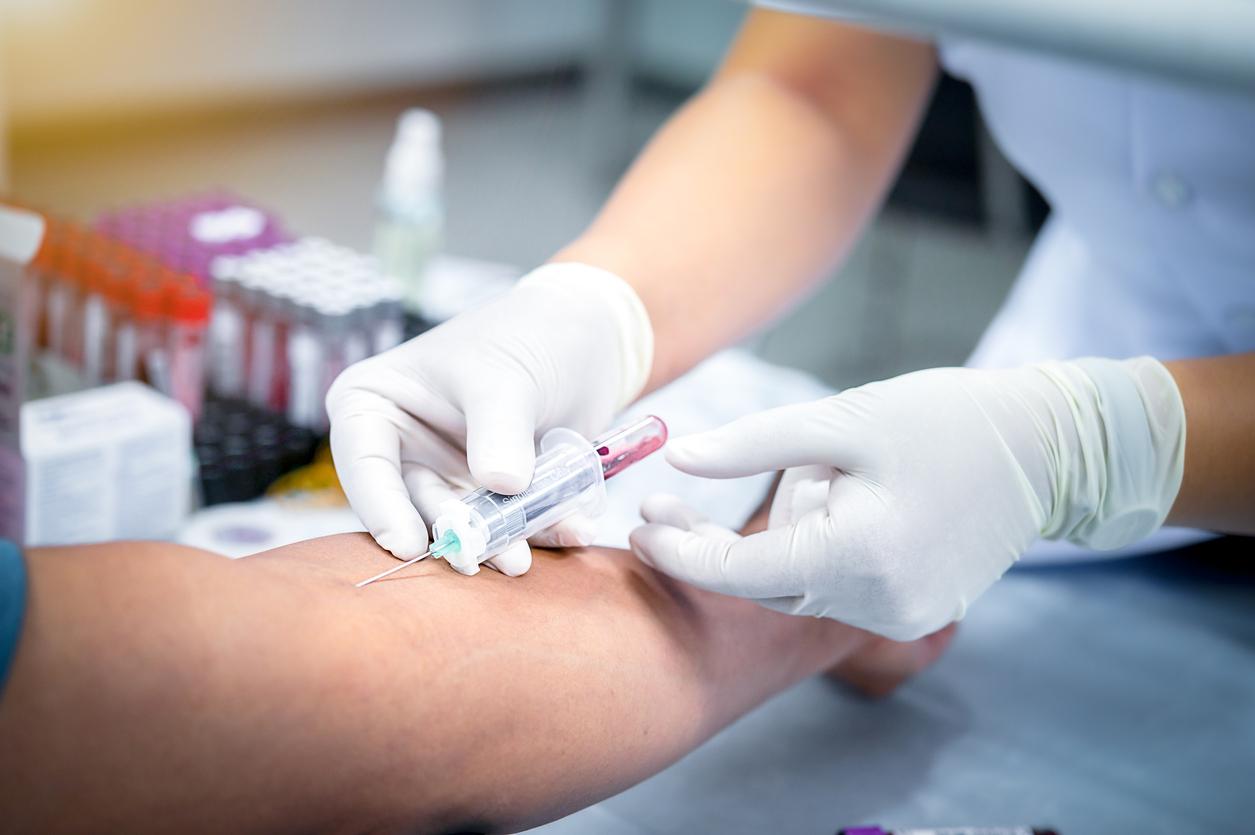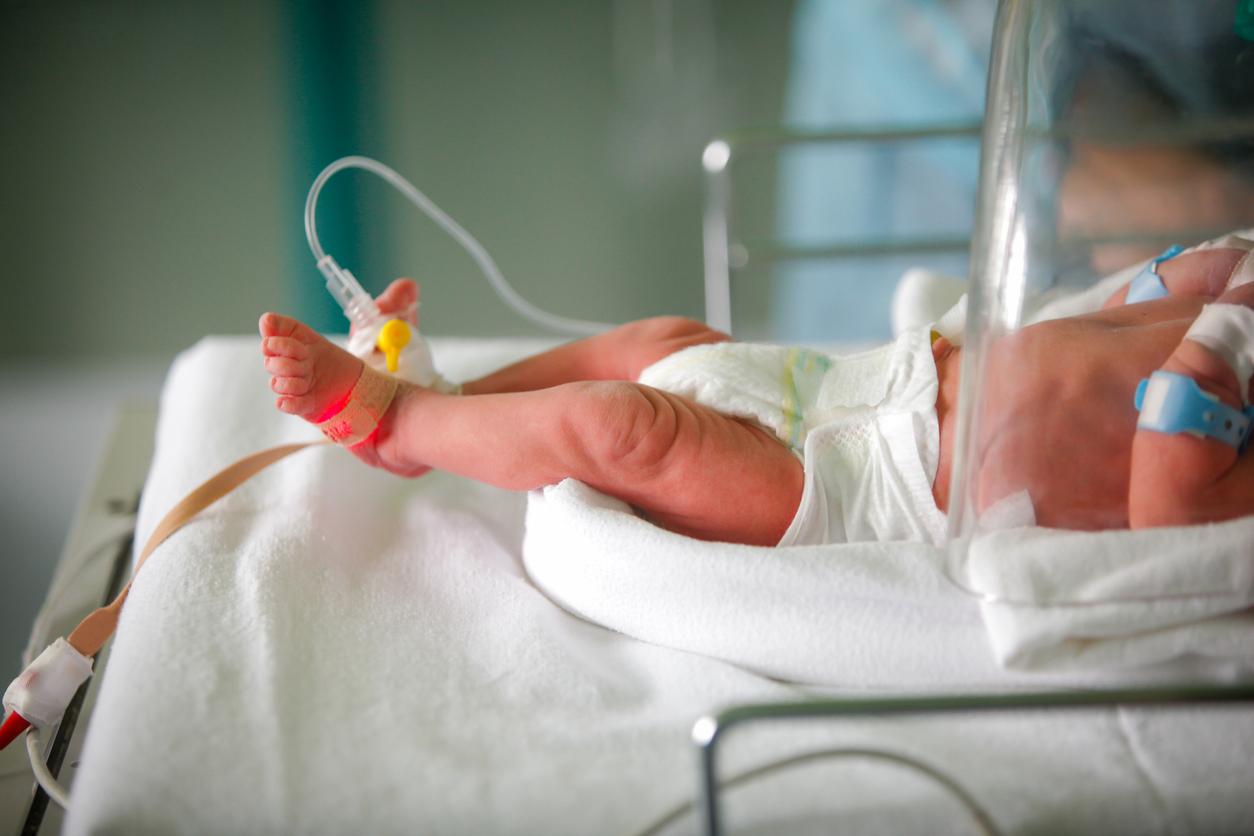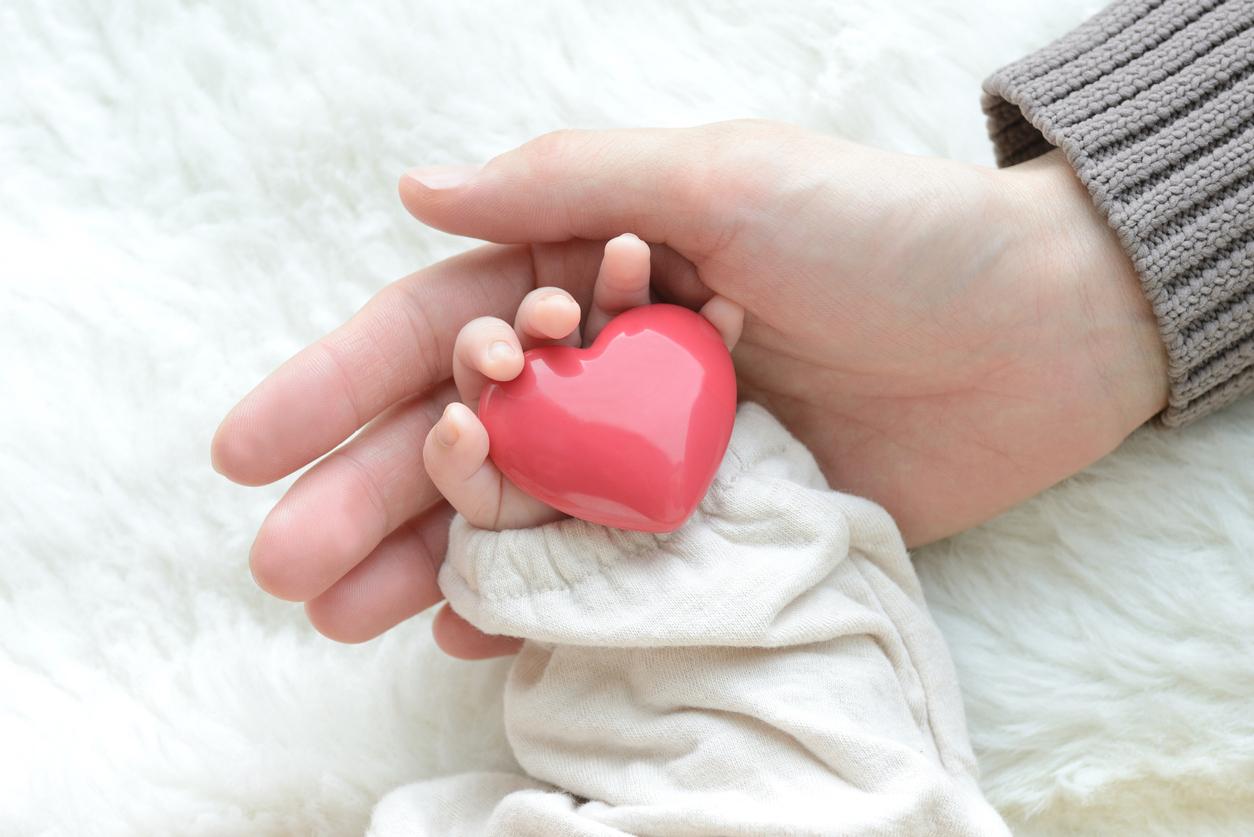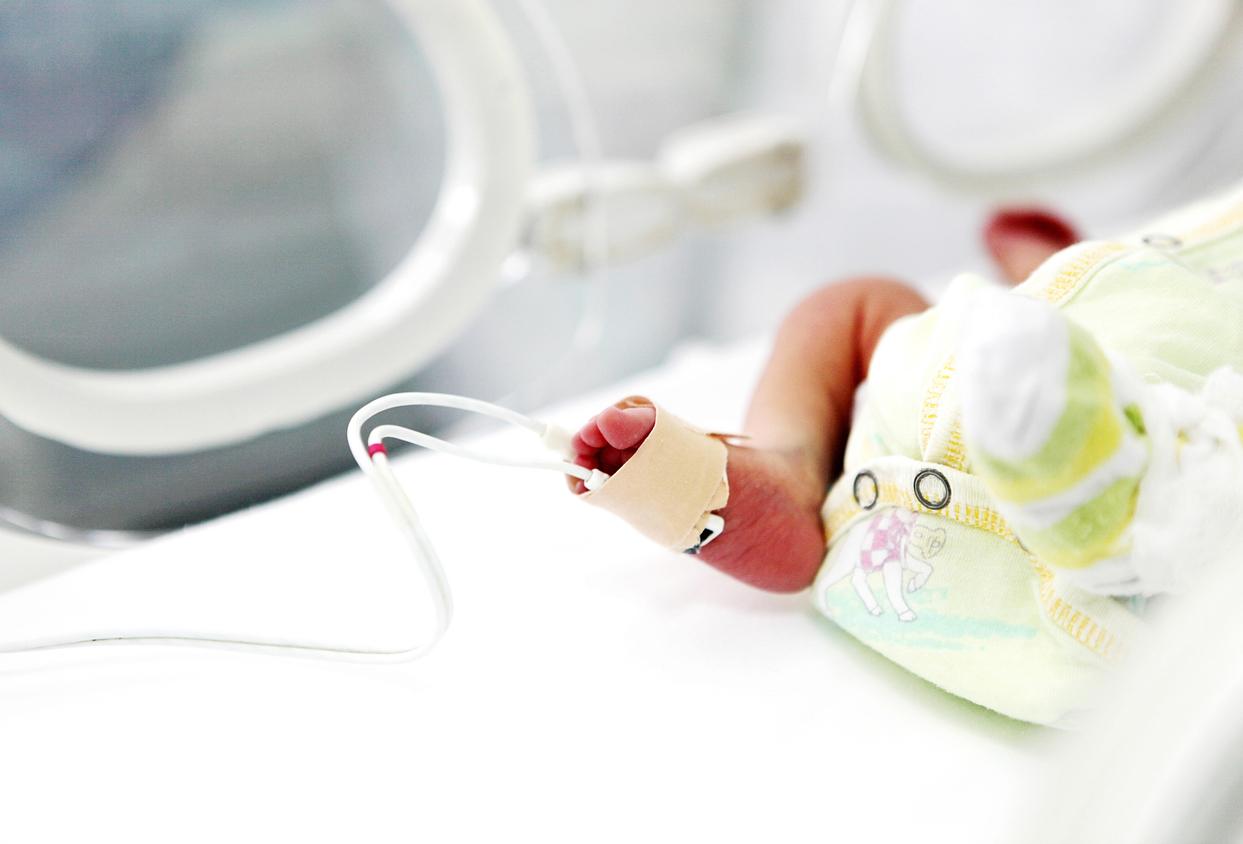Researchers have discovered that babies may have some form of consciousness from birth, or even at the end of pregnancy.
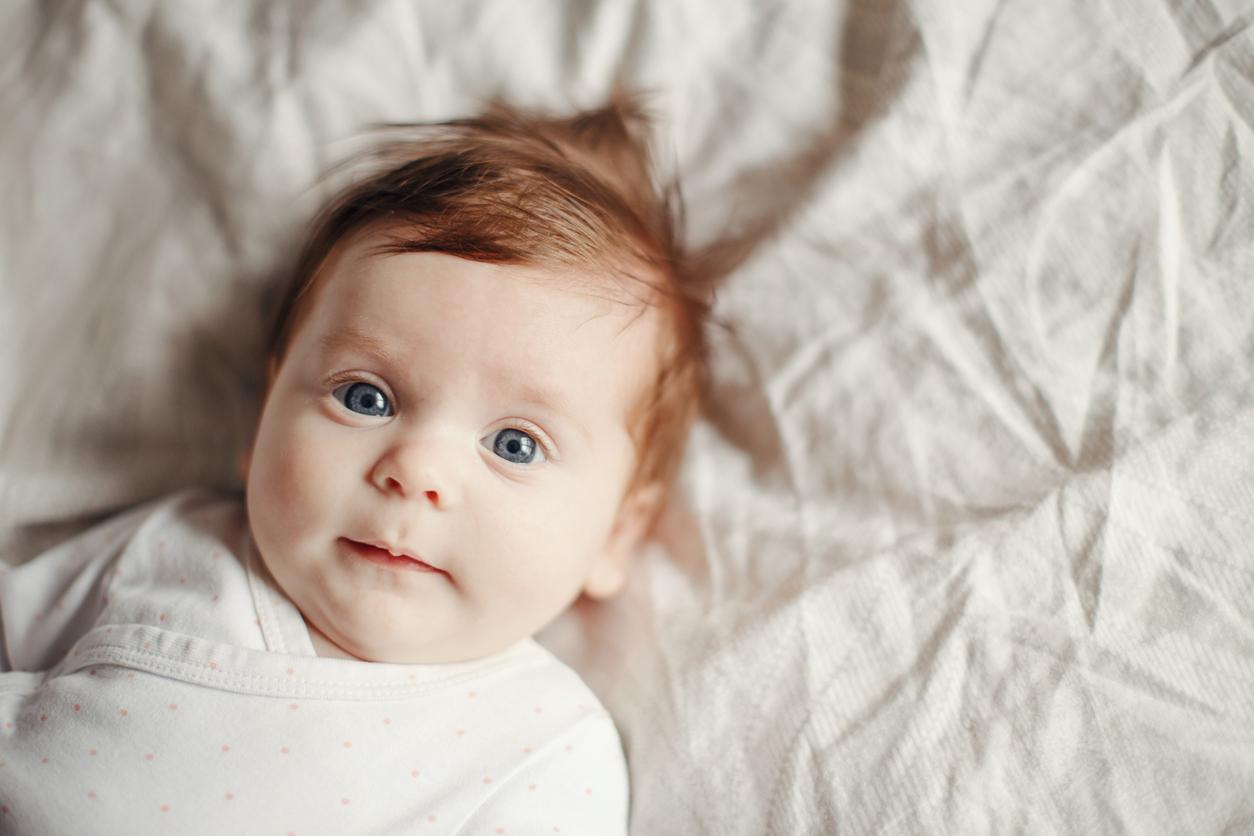
- According to this study, newborns can integrate sensory and cognitive responses into coherent conscious experiences that allow them to understand the actions of others and plan their own responses.
- In adults, certain brain imaging markers have been found to reliably differentiate consciousness from its absence. It was by observing these same markers in the brains of infants that researchers were able to note the presence of a form of consciousness.
- This study raises major questions about how we view newborns and how we treat them, and could have clinical, ethical and potentially legal implications.
When do humans first become conscious? If science has long considered that consciousness appears little by little, over the course of a child’s development, a new study reveals that the infant’s brain is actually capable of conscious experiences from birth, and perhaps even in end of pregnancy. The researchers behind the discovery published their findings in the journal Trends in Cognitive Scienceunder the title “Consciousness in the cradle: on the emergence of infant experience”.
Conscious experiences crucial for baby’s development
“Although each of us was once a baby, infant consciousness remains mysterious, because infants cannot tell us what they are thinking or feeling, explains one of the two lead authors of the study, Dr Tim Bayne, professor of philosophy at Monash University in Melbourne (Australia), in a communicated. We obviously cannot remember our childhood, and consciousness researchers disagree on whether consciousness arises early (at birth or shortly after) or later, at age of one year or more.”
But, according to this new study, newborns can integrate sensory and cognitive responses into coherent conscious experiences that allow them to understand the actions of others and plan their own responses. In other words, babies may be able to perceive and interact with the world around them much earlier than previously thought. This early awareness in infants could have consequences for their social, emotional and cognitive development.
The presence of a form of consciousness on brain imaging
To reach this conclusion, the team of scientists relied on recent scientific advances on consciousness. In adults, it has in fact been observed that certain brain imaging markers reliably differentiate consciousness… from its absence. It was by observing, for the first time using this technique, these same markers in the brains of infants that the researchers were able to note the presence of a form of consciousness.
Lifting the veil a little more on “what it’s like to be a baby”, this discovery challenges the idea that infants are simply passive beings who react to external stimuli. It raises major questions about our perception of newborns and how we treat them, and could have clinical, ethical, and even potentially legal implications since individuals with conscience have a different moral status. of those who lack it.









